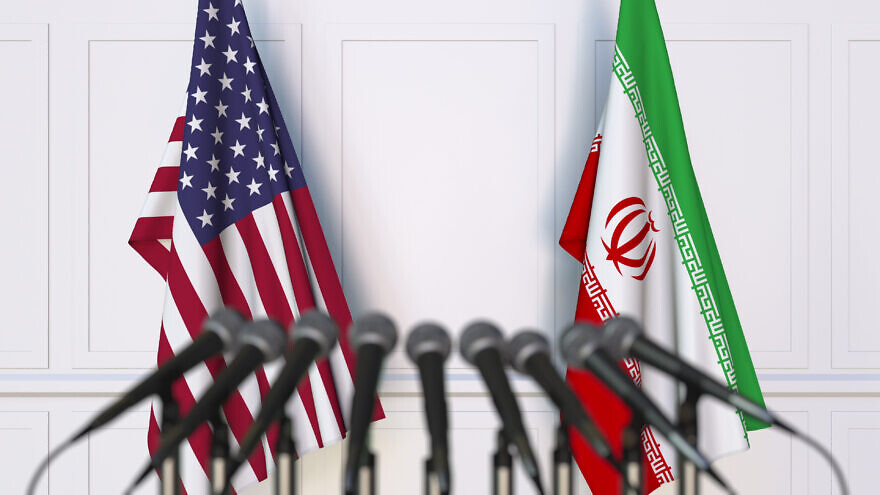Israel now believes the chances of a new nuclear deal being signed by Iran and the West are “slim to none,” according to Israeli diplomatic officials.
“The possibility that the sides will sign a deal in the foreseeable future is shrinking exponentially,” the officials told Israeli daily Israel Hayom.
During the negotiations in Vienna surrounding a return to the 2015 agreement, which the United States unilaterally exited in 2018 under President Donald Trump, Washington has made numerous concessions to Iran, prompting two senior members of the U.S. negotiating team to resign.
A draft version of a new agreement had already been submitted, and it appeared likely that a signing date would be announced soon after the parties last left Vienna. However, instead of announcing either acceptance or rejection of the draft agreement, Iran set out a number of new conditions, including a demand that the United States remove the Islamic Revolutionary Guards Corps from its list of foreign terrorist entities.
Israel Hayom has learned that in addition to the official talks in Vienna, the Iranians and the Biden administration were in under-the-radar contact. One option raised in an attempt to bridge the gap was to keep the IRGC’s Quds Force on the U.S. list of terrorist entities, while removing the IRGC as a whole. However, these quiet talks failed, and Iran even laid out new demands.
Given that both sides are digging in their heels, Israel now thinks the new deal is dead in the water.
“Iran is making more and more demands, and the United States is facing domestic difficulties, so the more time passes, the less chance there is of a deal,” said one Israeli diplomatic official.
This week, Israeli National Security Adviser Eyal Haluta headed to the United States for a round of meetings. A high-ranking functionary told Israel Hayom that the purpose of Haluta’s trip is to coordinate for a scenario in which no nuclear deal is signed.
Israel expects that the United States and the other signatories to the original deal will now step up diplomatic and economic pressure on Iran to force it to halt its progress toward nuclear weapons and check its regional aggression.
The Israeli officials emphasized that while a new nuclear deal was not off the table completely, the working assumption was now that there won’t be one. The officials expressed satisfaction at the development. Earlier this week, Lapid told members of the press that he “wouldn’t be sorry” if no new Iran deal were signed.
This article first appeared in Israel Hayom.


























